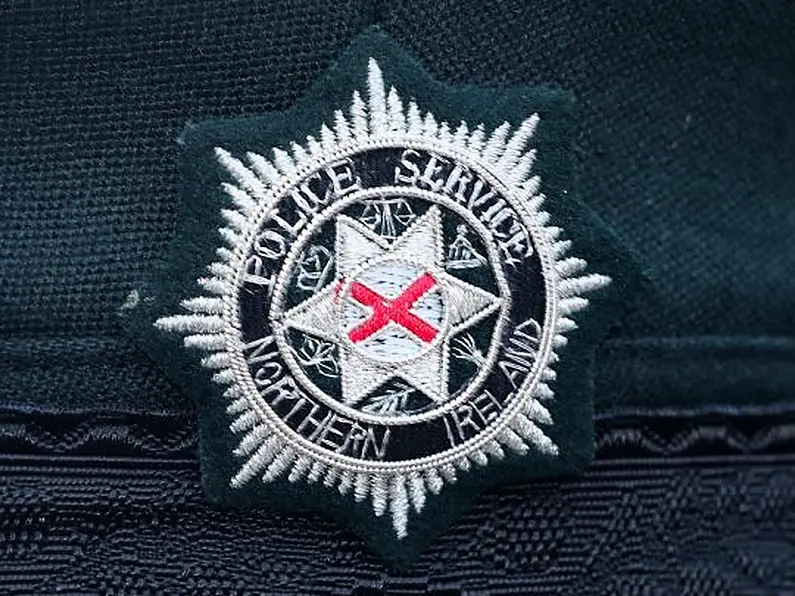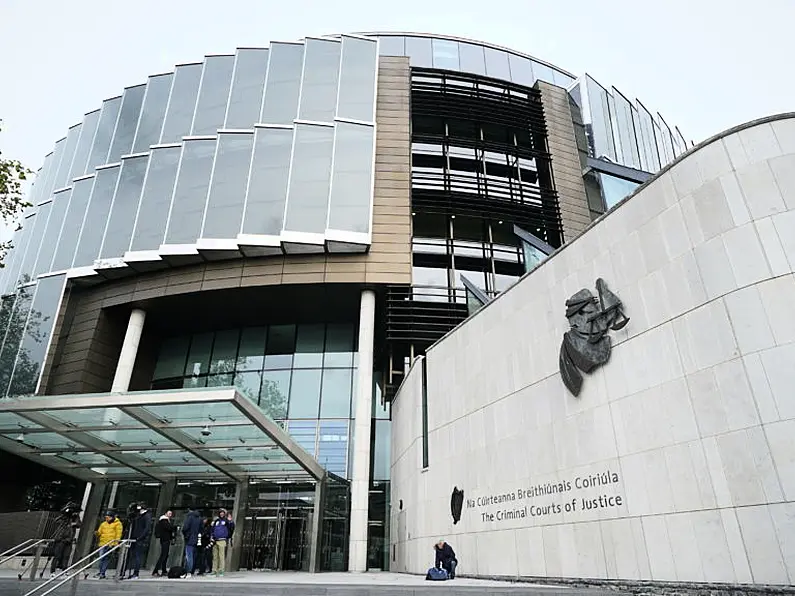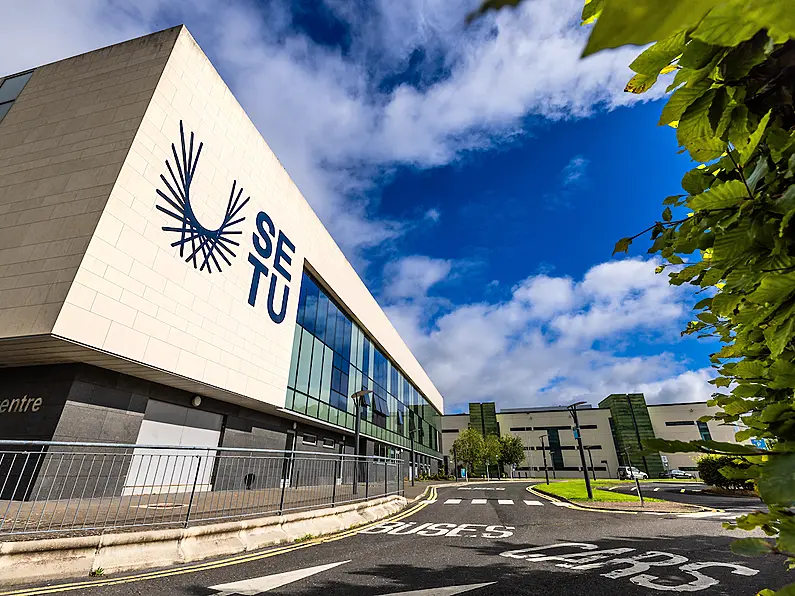Michael McHugh, PA
Cross-border policing co-operation is continuing after Brexit in a timely manner, the Northern Ireland Office (NIO) has said.
The UK's minister of state for Northern Ireland Robin Walker said dealings between the PSNI and Garda in tracking criminals were happening speedily and generally faster than the minimum standard between EU states.
The worst predictions about the impact on law enforcement of the end of the transition period have so far failed to materialise.
Mr Walker said: “Exchanging information continues to work very effectively and in a timely manner.
“From my perspective that is not something which has changed.”
He recognised previously aired fears around delays in exchanging information between the forces.
🗣️We are questioning Robin Walker MP (@WalkerWorcester), Minister of State @NIOgov, as part of our 'Cross-border co-operation on policing, security and criminal justice after Brexit' inquiry.
📺Watch live: https://t.co/Z9f9bEwrE9#CrossBorderSecurityNI | #CommonsNIAC pic.twitter.com/RJfjKhO7px
— Northern Ireland Affairs Committee (@CommonsNIAC) March 3, 2021
“That has not materialised to date.”
He added: “It is important to recognise that there have always been pressures and always been a degree of criminality which will seek to adapt to the circumstances.”
He said the authorities needed to be able to respond quickly.
“Part of the intelligence-sharing that we have on a cross-border basis is about having those conversations.”
He doubted whether the extra paperwork requirements of the Northern Ireland Protocol would prevent seasoned criminals from sending their wares across the Irish Sea.
“It is unlikely to be the case that someone committing a crime and smuggling is going to be deterred by having to fill out a form, they may say they are shipping something else.”
He said any burdensome bureaucracy around parcels would not help the fight against crime.
“They are going to seek alternative routes.”
Mr Walker gave evidence to the Northern Ireland Affairs Committee of MPs.
The minister said the EU standard for sharing law enforcement information between member states was six days.
He added the exchange of criminal records between the Republic of Ireland and Northern Ireland was happening on a much faster basis.
“There should not be barriers to that kind of information being shared.”
Stormont minister Gregory Campbell said the number of cases of cross-border fuel launderers being prosecuted each year was very low.
He added that annual total could be counted on the fingers of one hand.
Mark Larmour, political director at the NIO, said there had been recent successes tackling launderers.
He added: “Crime gangs are very agile, it is important that police on both sides of the border and agencies such as HMRC are able to move quickly to get ahead of them.”
Last May, three men were arrested in Co Armagh after tobacco worth £3 million (€3.5 million) in lost revenue was seized.
A joint Garda and PSNI operation saw eight million cigarettes confiscated.
Gardaí also carried out seven searches of business premises and homes in the Carlingford, Co Louth, area.
Items seized included €100,000 in cash, tobacco and equipment used in the manufacture of tobacco products.
One articulated lorry, one rigid lorry, two trailers and one van were seized
Mobile fuel-laundering machinery concealed in the articulated lorry was also confiscated.






